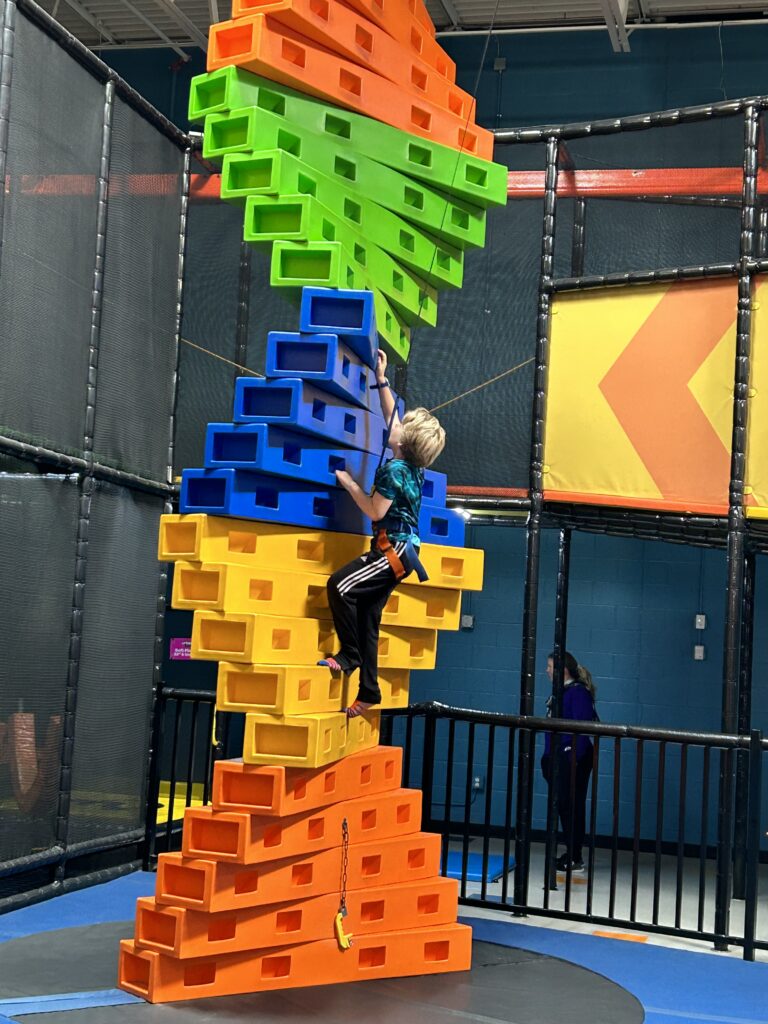Student learning has not made up ground since the pandemic. Research shows as a whole, students still show a loss of learning in math and reading. However, some schools are doing better than before the pandemic. Many states saw bigger increases than others; but, high-poverty states did not close the learning gap. Low-poverty areas show a wider gap than in 2019.
Student Learning and Teacher Aid
An important educational issue is academic performance among various students. Students from low-income backgrounds fall behind their peers. It’s possible to decrease the gap with the support of teachers and paraprofessionals in the school.
- Engage all students to prevent anyone from falling behind. Use hands-on, minds-on materials, visual instruction, group discussions, and active participation to engage student thinking.
- Instruction is crucial. Providing a strong foundation through teaching is essential for struggling students, as it helps them apply new content. Increasing instructional time leads to improved academic performance.
- Teacher-student bonding contributes to student learning. Developing strong relationships in the classroom can help close the achievement gap because teachers can understand and identify students’ strengths and weaknesses, allowing them to adjust their instructional methods.
- Quality materials are essential for learning and closing the achievement gap. Quality materials include textbooks, online resources, and multimedia tools.
- A positive mindset is essential for teachers and students. It is important to recognize and praise effort, learn from mistakes, and set achievable goals.
- Communication with family and community helps student achievement.
One person can’t close the gap. Still, a teacher can bring about change and growth. With the help of administrators and paraprofessionals, academic growth is possible.
Paraprofessionals
Paraprofessionals include classroom assistants, instructional aides, teacher assistants, and paras. They are part of the school community and help provide necessary instruction to students. Teacher aides are not certified teachers. They are vital to the support staff and work alongside the classroom teachers.
- Paraprofessionals offer assistance with instruction, behavior, language, and physical/medical needs.
- They provide support to small groups or individual students.
- Many paraprofessionals are required to meet the following qualifications:- Completion of two years of study at a college or technical school
– Possession of an associate’s degree or higher
– Demonstration of proficiency through a local academic assessment.
Paras play an important role in closing the achievement gap caused by the pandemic. They add more support to the classroom and give students additional opportunities for individualized instruction.
Parent Involvement
Parent involvement with the progress of students is the first measure in closing the learning gap. Many parents believe their child is on grade level. Parents and guardians also play a role in advocating a state for more funding to supplement resources.
Whether test scores and grades indicate student progress or lack of, academic progress is greatly influenced by the involvement of parents and the community. Involving parents in the process contributes to increased academic success.



